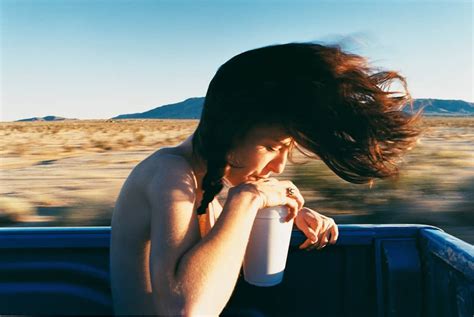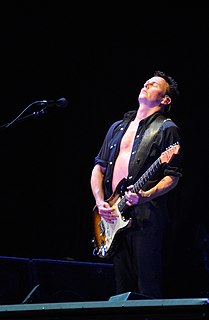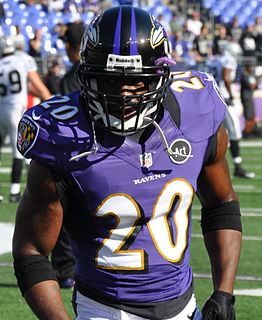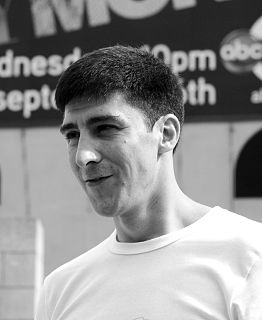A Quote by Ryan McGinley
In a lot of ways I look at these old photos, and I don't know if I would have been able to communicate with these people on this level if I didn't have a camera. I think I would still be so shy.
Related Quotes
I've never really been interested in the vintage photos people pay lots of money for -- civil war tintypes or old daguerrotypes of famous people. Nor do I have any interest in the really gross, dark stuff that some people pay top-dollar, like post-mortem photos of babies (yuck) or press photos of old murder scenes or whatever. I collect in these little niches most other people don't care about -- dark-and-weird-but-fun -- and photos that have been written on, which a lot of sellers think hurts their value. All of which is good news for me!
It's just nice to be able to communicate and be able to identify with a lot of different cultures. I have no idea what it would be like to be just one thing and speak one language. I feel enormously privileged to travel and be able to mingle and speak to people that, had I only known English, I wouldn't have been able to meet.
As I set out to begin photographing Shanghai, I encountered the insider/outsider phenomena in the most personal of ways. You would walk into an old neighborhood in the center of city, and people would begin to point at you. People would begin to talk about you, spreading the word about the outsider who has wandered into their midst, look at him, he's got a camera, what's he doing, is this allowed, is this OK, how should be respond to him.
I had a lot of time to myself, and I would listen to a lot of music, mostly music that I knew fairly well and had a relationship with. And I'd think, well, what is it that I've never been able to do that this person or people are able to do with this song? Why haven't I been able to do it, and what can they do that I wish I could do? And then I'd try to do that. I'd start each day getting into the songs, and I'd think about how I might get closer to this music that I love, but haven't been able to make before.
Learning that aesthetic as a kid - seeing those photos - made me think that that's what photos are supposed to look like. I never understood snapshots. I was looking at them like, "This is horrible; that's not what a picture is supposed to look like." I was taught by these photos. So when I picked up the camera, though I had never done it before, I kind of already knew what I was doing.


































